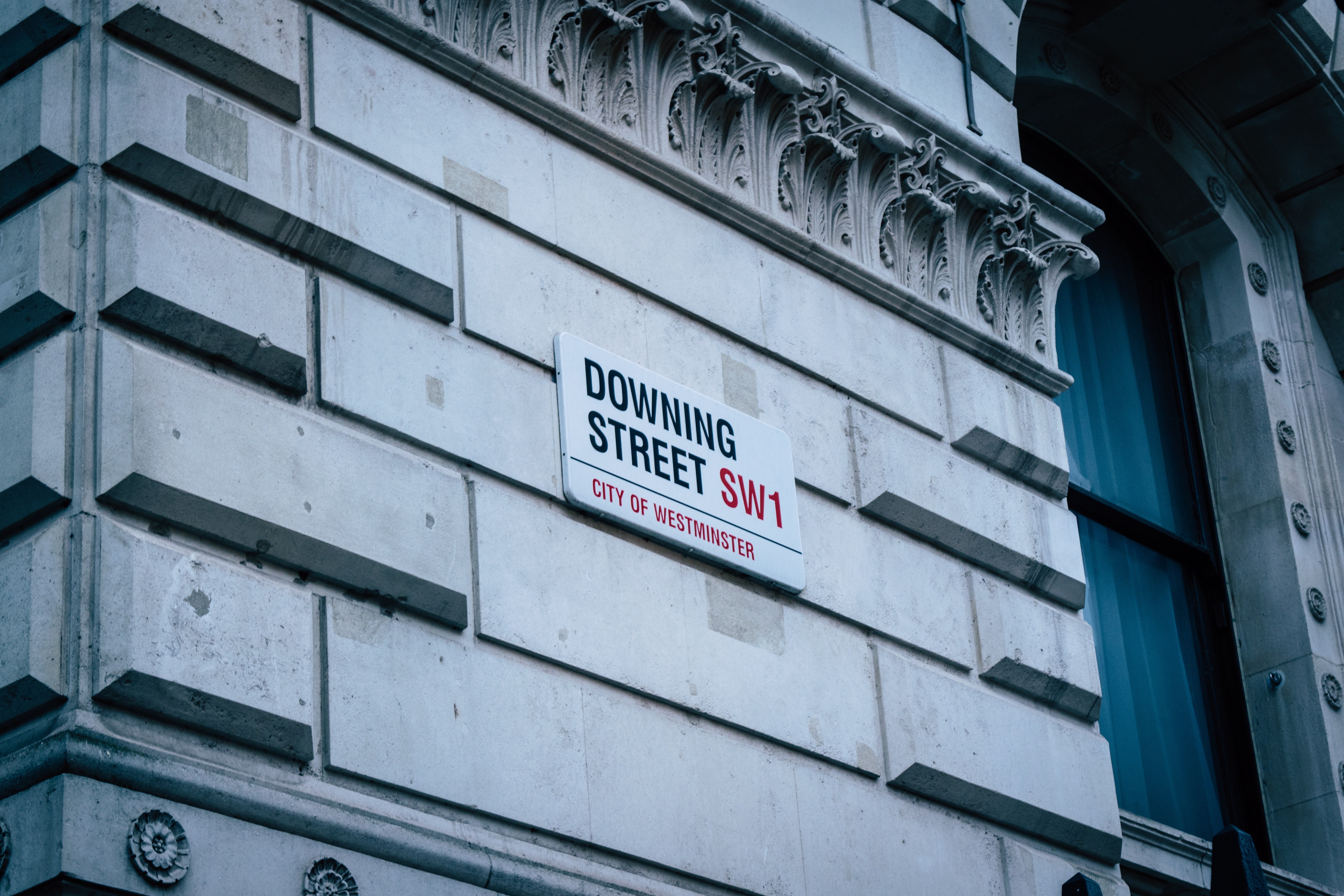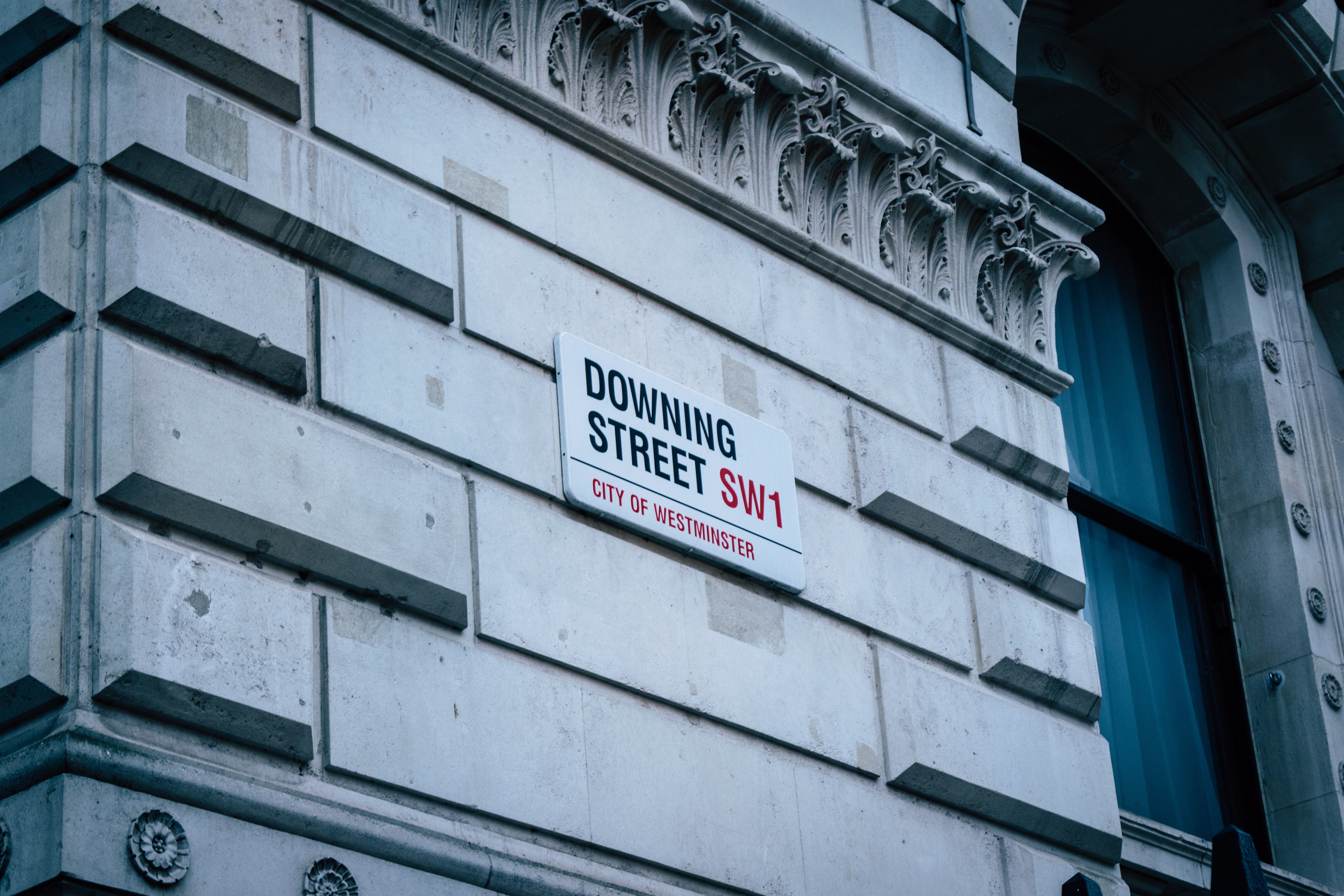
DREAMED A DREAM
100 years ago this week, Ramsay MacDonald became Labour’s first Prime Minister. It was a historic moment but an inauspicious start to Labour’s journey as a party of power. For a start, MacDonald’s Labour didn’t have a majority in the House of Commons - they became the Government in part because the Conservative and Liberal parties were at war both with each other and with themselves. But they also found themselves in Government because then Tory leader, Stanley Baldwin, had a cunning plan.

Baldwin felt that the Conservative Party could cement itself as the natural party of Government by helping Labour to finish off the Liberal Party once and for all. If he could demonstrate that Labour was the true and normal opposition in the United Kingdom, so the thinking went, then the British public would (more often than not) choose the Tories over the alternative. Why? Because Baldwin was in the process of turning the Tories into a ‘national party’. So, while Labour would (more often than not) be constrained in their appeal by divisions of class and/or by a natural British suspicion of utopian promises, the Conservatives would present themselves as an essentially classless party of reassuring common sense and common ground. You know what? He was right (more often than not). Killing off the Liberals, by putting Labour temporarily in office, cemented the Tories as the default winners in British politics.
This was the strategic insight that set the Conservative Party up to govern for most of the twentieth century. Yes, Labour sometimes won - under Attlee, under Wilson - but, more often than not, the Conservatives prevailed. And when Labour did win, it didn’t really last. For the most part, the Tory party stuck with Stan’s plan. And, for the most part, it worked.
But today’s Conservative Party isn’t much interested in Stanley Baldwin. It isn’t much interested in being a national party, either. They have become, themselves, the sort of utopian dreamers and fringe fanatics that they spent decades casting (successfully) Labour as - albeit with a different flavour of unachievable dream.
And so, we come to Sir Simon Clarke. And David Frost. And Liz Truss (yes, her!). And an assortment of other such malcontents who have been gifted the front pages of The Telegraph for much of the last fortnight. What do they want? Well, let’s take them at their word that in an ideal world, they want to get rid of Rishi Sunak. Why? Firstly, because he is undeniably unpopular and undeniably an electoral net-negative for his party. But also, because his instincts are a little too Baldwinian for the tastes of his radicalised critics. They don’t want to be part of the party that wins by default. They want to be a party of ideas, of grand projects, of dreams.
Rishi Sunak thinks it’s big and bold to extend compulsory maths to eighteen. These people want us to rip up the Human Rights Act and (ironically) re-open the mines.
It is beyond the purview of these notes to say whether Frosty’s snowmen are morally, or ideologically right. But any armchair historian can see that these are not men and women operating in the mainstream of the Conservative Party’s modern history. They aren’t Baldwin. They aren’t even Thatcher - whose radicalism took a decade to unfold and who was the model of caution for most of her long reign. These people are zealots who care not - whatever their comically inept polling might be fiddled with to tell them - where the actual centre-ground of public opinion sits. Brexit has told them that - out there - a silent majority dreams of finding our own Javier Milei, chainsaw and all, to slash the state and expound on the merits of anarcho-capitalism. It isn’t that they have forgotten Truss. It’s that they have decided neither to care nor to recall. They resemble most the denizens of the internet who will tell you, with a straight face, that ‘real communism has never been tried’.
Ramsay MacDonald is not a man who is loved by his party today. He committed the original sin in too many of his members’ (then and now) minds - he compromised with the electorate. But in truth every time Labour has won it has been on that very condition. Attlee served as Churchill’s loyal and patriotic deputy for a decade before being trusted at Number 10. Wilson connected with a new, emerging middle class on the huge potential of new technology to break down class barriers and create opportunity. Blair… well, he was Tony Blair. It has only been when its leadership have wrestled the party away from those divisions of class and utopian fantasies that Labour has won. That is the project currently being undertaken by Keir Starmer.
The long-term problem for the Conservative Party is not that Labour is once again embarked on a familiar journey to electability. It is that the reaction of a significant proportion of its own senior members is to seek to turn the Tories into a right-wing mirror of the problems with extremism that have traditionally held Labour back. The Conservative Party is not just about to lose the election. It is in danger of losing the psychology and the appeal that has kept it in government more often than not. Simon Clarke and David Frost, comrades for whom the dream will never be allowed to die: no matter the cost.
**
For General Election insights, including our MRP and a map showing boundary changes and candidates - check out our GE Hub.